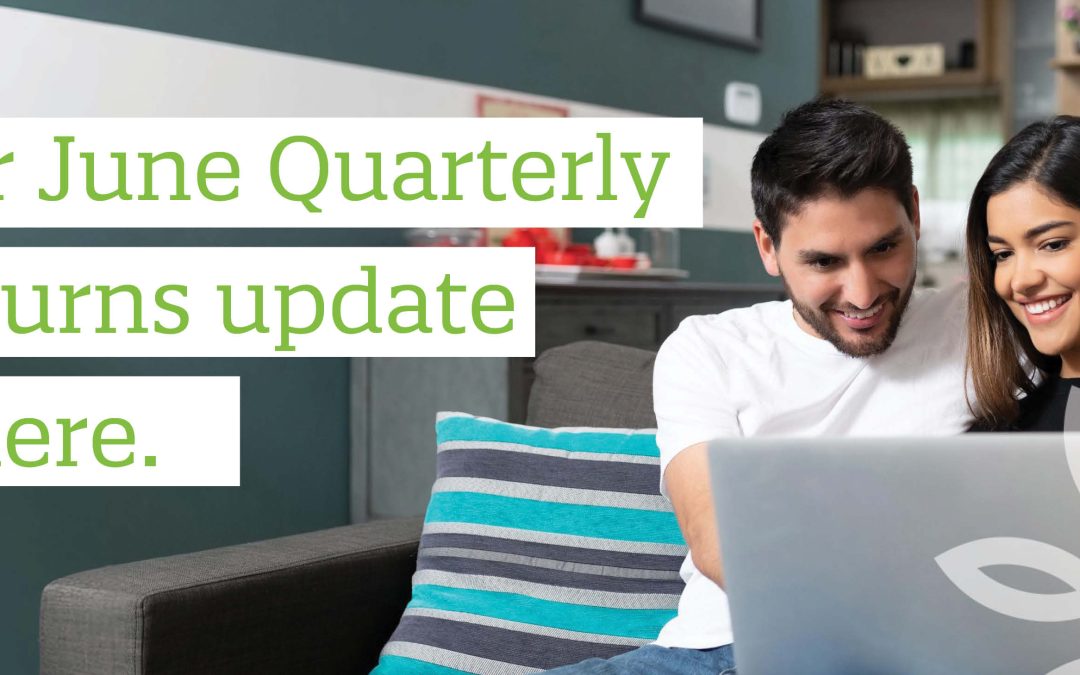“For we live by faith, not by sight.” – 2 Corinthians 5:7
If you’ve noticed your KiwiSaver balance shift recently, you’re not alone. Global markets have entered a period of volatility, largely in response to the tariffs introduced by the United States which have contributed to broader economic uncertainty.
While this volatility can feel unsettling, it’s important to step back and view these market movements through the lens of long-term investing.
Why are markets volatile right now?
The recent introduction of broad tariffs by the United States has impacted global trade and investor confidence, triggering declines in share markets across many countries. These fluctuations have also affected KiwiSaver funds, especially those with exposure to growth assets like shares.
While the United States tariffs are receiving significant media coverage right now, market corrections like this aren’t new. They help rebalance markets after long periods of upward performance. In fact, the markets had been performing strongly for quite some time, and this adjustment, though uncomfortable, is part of maintaining long-term health.
KiwiSaver is a long-term investment
Christian KiwiSaver Scheme is designed for the long haul, helping members prepare for retirement or take their first step onto the property ladder. These are goals that often span decades, not days or weeks.
It’s normal for balances to rise and fall over time. What’s important is how we respond. During periods of uncertainty, keeping perspective can make all the difference. Patience and discipline are key when it comes to long-term investing.
Here are a few practical reminders:
Avoid checking your balance too often
It’s natural to want reassurance when markets feel unsettled, but checking your balance frequently, especially during periods of volatility, can lead to unnecessary stress. Daily fluctuations are normal and often don’t reflect the bigger picture. Reacting emotionally to these short-term movements can lead to hasty decisions that may not serve your long-term goals.
Expect fluctuations
Markets rise and fall over time, that’s part of how they work. Economic events, policy changes, and global developments can all cause short-term movements, but this doesn’t mean your investment is off course. Volatility is a natural part of long-term investing, and history shows that markets tend to recover and grow over time.
Changing funds in a downturn can turn a movement into a loss
Switching funds when markets are down might feel like a way to avoid further losses, but it can have the opposite effect. When you move your investment to a lower-risk fund during a downturn, you may be turning a change on paper into a permanent loss of money, and you may be missing out on a future recovery. Staying invested in a fund that matches your long-term goals and risk appetite allows your savings the chance to grow over time. Watch out for our next blog which will explain this concept further.
As Proverbs 21:5 reminds us:
“The plans of the diligent lead to profit as surely as haste leads to poverty.”
How Christian KiwiSaver Scheme is managed
At Anglican Financial Care, we take a careful, values-led approach to managing Christian KiwiSaver Scheme.
Here’s how that translates into action:
- Risk-aware investing: Our team continuously monitors the markets and makes thoughtful decisions to support members’ long-term goals, even in times of uncertainty.
- Diversified portfolios: Each of our Funds – Growth, Balanced, and Income, includes a mix of local and global assets, which helps reduce the impact of any single event or market dip.
- Active management: We don’t take a ‘set and forget’ approach. Our funds are actively managed, allowing us to respond to changing conditions while staying aligned with our values.
- Ethical stewardship: Our equity investments are screened against our Ethical Investment Policy. We focus our investments on the entities that produce more good than harm and make deliberate investments in entities making the transition to clean technology and sustainable infrastructure.
A message of reassurance
Market downturns are a normal part of the investment journey. What matters most is the path forward. By staying the course, focusing on what you can control, and trusting in the process, you give your investment the time it needs to recover and grow.
If you’re unsure about your fund choice or want to understand more about your options, we encourage you to speak to a financial adviser. You’re also welcome to contact our member services team for general support.
In times of uncertainty, keep your focus on what truly matters: your long-term goals, your community, and your faith. It’s here that you’ll often find clarity and peace.
Christian KiwiSaver Scheme is managed and issued by The New Zealand Anglican Church Pension Board (trading as Anglican Financial Care). The Product Disclosure Statement can be found here Documents | Christian KiwiSaver Scheme.












